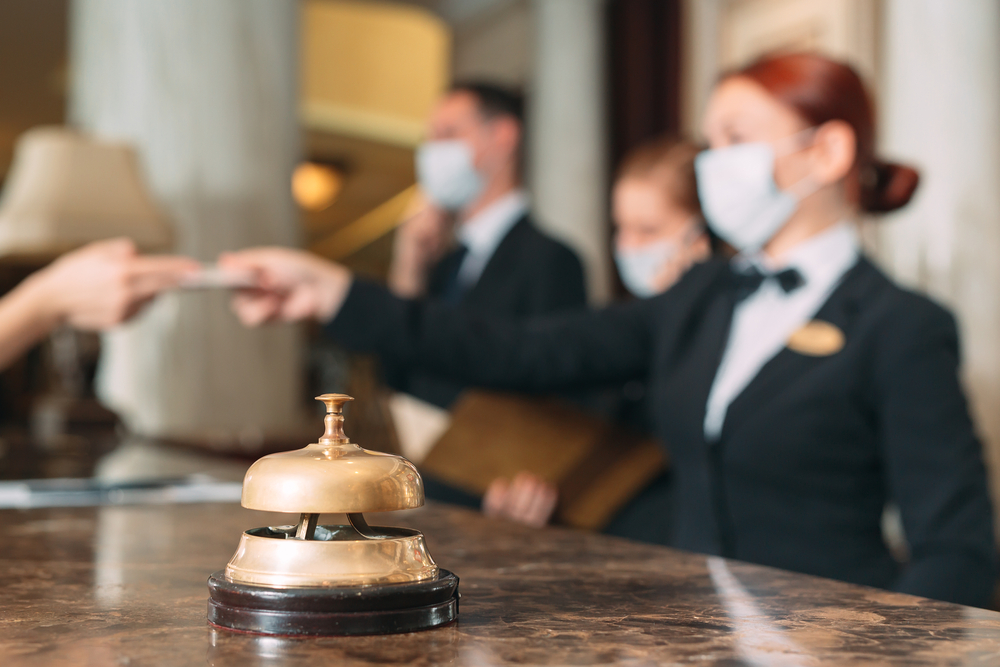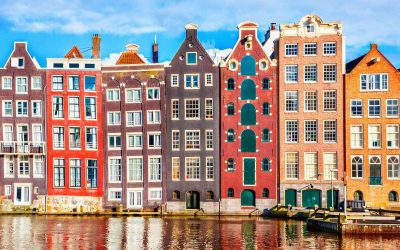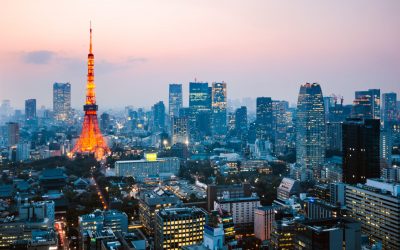Now all the world’s moving towards the COVID pandemic recovery stage. Global tourism organizations are not an exception. The governments took the steps to protect their nations from the pandemic by shutting down their borders, closing hotels, declining flights, canceling bookings, etc.
Customers nowadays expect easier, more energy and time-saving ways of traveling and staying abroad, whether it’s a business trip or a vacation.
Aside from that, now people’s perceptions of safety are quite different from before. The COVID-19 pandemic has changes traveling patterns, behaviors and habits for the better and for the worse as well. There are a psychological, financial, health, and other factors in the compartment. For instance, not everybody is yet ready for crowded places, and there are even more nationality prejudices now.

Now, imagine yourself being such a customer. Sure, you’ll purchase services that allow you to almost not think about anything other than your trip – that’s easy to see. But what if you are a provider of such services? How to manage the business in a world where customer expectations are increasing and the resources to provide needed services are more and scarcer?
As said before, the pandemic outbreak revealed not only widespread inconsistencies in the industry, but also brought up socio-economical concerns. The travel market struggled in a substantial decrease, as prices rose and the client’s ability to pay has gone down. Not only that, the tourism institute is strongly dependent not only on income, but on jobs, too.
Now, though the leisure-focused industry seems like not the fist-priority thing, more and more people feel optimistic and appear to be eager to travel again. Taking that into account, the travel industry may now be the lifebuoy for those who struggle from post-pandemic anxiety, social distancing and quarantine consequences. Consumer behavior now will not be that easy to forecast, though, so that is challenging for all the researchers in the industry.
The question is: how to instill confidence in new employees who are now living, like all of us, in a dramatically changing world? Simply put, in times of crisis? Large businesses should not only try to thrive on social post-pandemic reality. But rearrange their approaches into something more compassionate, emphatic, to really understand customers’ appetites and fulfill their needs.
Tourism-mobility and availability are highly important as well. Taking into account the new restrictions and rules, we should always consider previous issues, too. Such as: culture variety, gender issues for both women and men as they both struggle with feeling safe and accepted in some places still, politics, work, health, time, locations, and, for sure, benefits to both sides.
So, if you’re looking for a like-minded group of people to share and to gain new ideas and concepts from, you might consider participating in Hospitality Operator Forum in Paris.
Those are the themes to be pitched on June 22:
– Firstly, the professionals are going to share their experiences on how they differentiate themselves.
– Secondly, brand experiences creative agency MKG is going to take the floor.
– Then, the pioneers of the industry are going to support the deliberations as well.
Examples out of other spheres are going to be given as well, for it is essential to look from a different angle.


